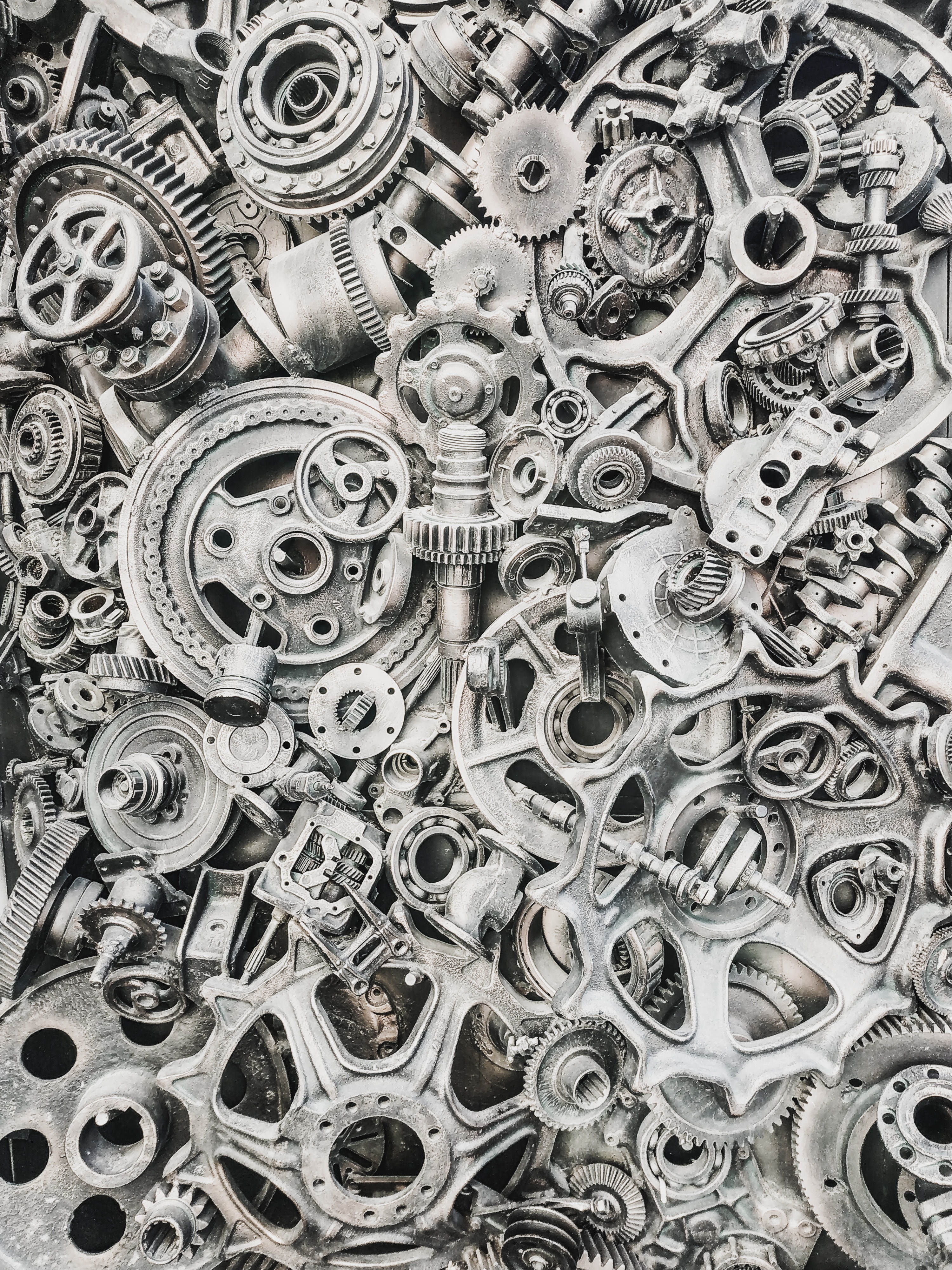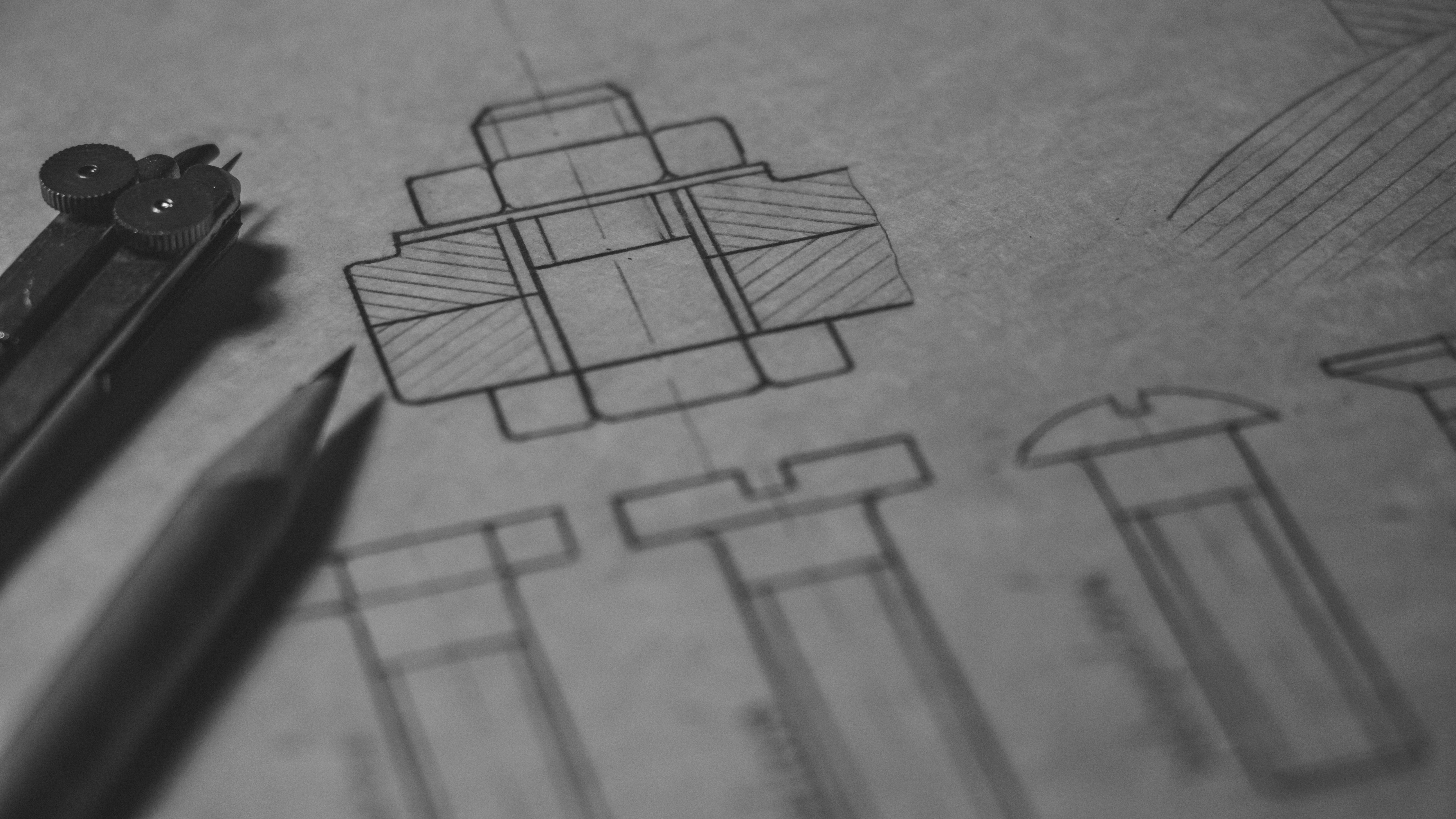Material Science Breakthroughs in Manufacturing
Dec 11, 2023

In recent years, material science has undergone a revolution, significantly impacting manufacturing methods like die casting, CNC machining, and injection molding. These breakthroughs are not only enhancing the qualities of the final products but are also opening up new possibilities in terms of applications and sustainability. This article delves into how recent advancements in material science are shaping the future of these manufacturing processes.
Innovations in Die Casting Materials
The die casting process has been notably affected by new material developments:
Advanced Aluminum Alloys: New alloys are offering better strength-to-weight ratios, enhancing the durability and performance of die-cast parts. These alloys are particularly significant for the automotive and aerospace industries, where weight reduction without compromising strength is crucial.
Eco-Friendly Magnesium Alloys: There's a growing interest in using magnesium alloys in die casting due to their low environmental impact. These alloys are not only lightweight and strong but also offer excellent machinability and recyclability.
Cutting-Edge Materials in CNC Machining
The world of CNC machining is witnessing a shift in material usage to accommodate more advanced applications:
Composite Materials: The use of composite materials in CNC machining is on the rise. Composites offer high strength and lightweight properties, and their versatility opens up a range of industrial applications, from automotive to military.
Superior Plastics: High-performance plastics such as PEEK and Ultem are becoming more common in CNC machining. These materials offer excellent thermal stability and chemical resistance, making them ideal for demanding environments.
Material Evolution in Injection Molding
Injection molding has been profoundly influenced by new materials, enhancing both the process and the products:
Biodegradable Plastics: The use of biodegradable plastics in injection molding is a significant step towards sustainability. These materials break down naturally over time, reducing environmental impact and offering a solution to plastic waste problems.
Advanced Polymers: The development of advanced polymers with superior heat resistance, strength, and flexibility is expanding the application range of injection-molded parts. These polymers are enabling the production of more complex and durable components.
The advancements in material science are creating waves across various manufacturing processes, pushing the boundaries of what's possible. In die casting, CNC machining, and injection molding, these breakthroughs are not just enhancing the quality and capabilities of the products but are also paving the way for more sustainable and efficient manufacturing practices. As these materials continue to evolve, they will undoubtedly usher in a new era of manufacturing innovation.
